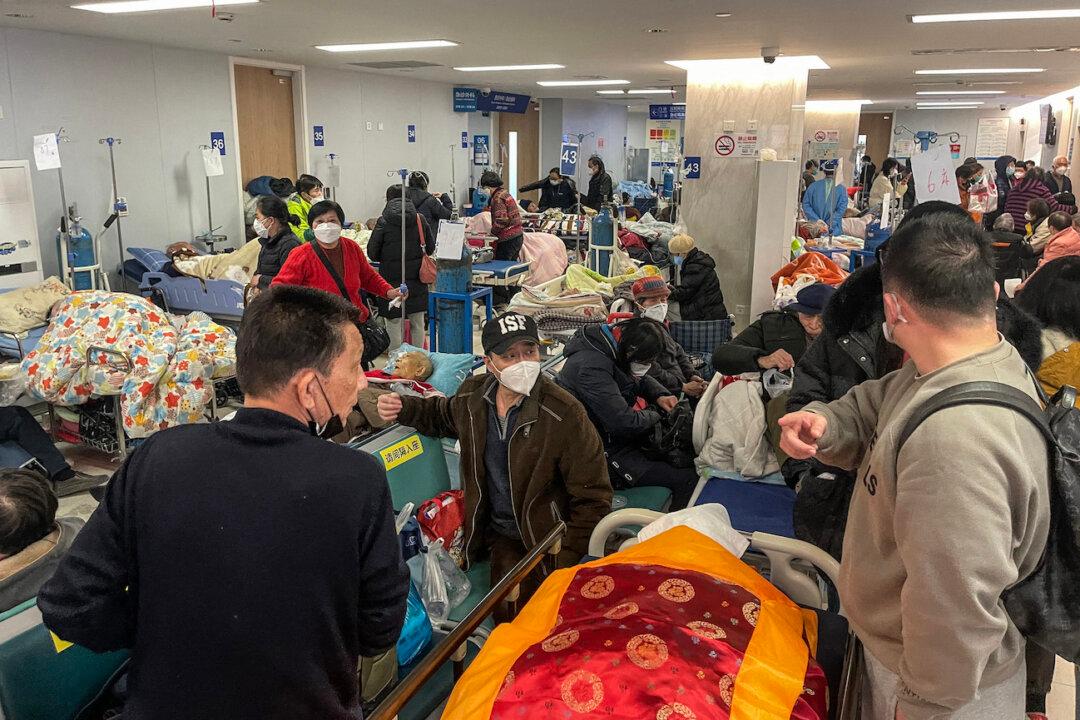Two renowned Russian-to-Chinese translators in China recently died from COVID-19 as the coronavirus sweeps through the country.
Long-time translators Lou Ziliang and Wang Zhiliang died in the first week of 2023.

Two renowned Russian-to-Chinese translators in China recently died from COVID-19 as the coronavirus sweeps through the country.
Long-time translators Lou Ziliang and Wang Zhiliang died in the first week of 2023.